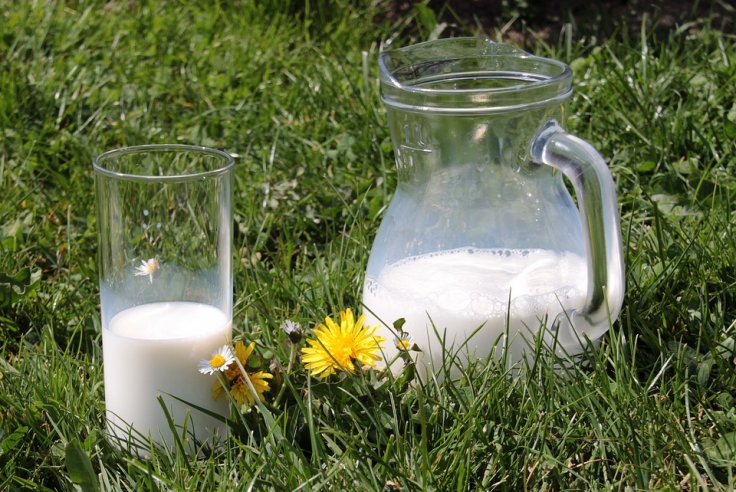
People these days are giving up the idea of pasteurization – the heating process used to kill harmful bacteria in milk – as it reduces several vitamins and "good" bacteria in the drink, and advocating for "raw" milk as unpasteurized milk can "heal the gut", boost the immune system, prevent allergies, give an individual healthier skin and even contribute to bodybuilding.
Several reports in the media have created a growing demand for raw milk, but scientific evidence suggests that going for unpasteurized milk can even be more harmful as drinking raw milk comes with the risk of contracting serious and potentially lethal infections.
Pasteurization, named after scientist Louis Pasteur (1822-1895), involves heating foods and drinks to about 72°C for a minimum of 15 seconds and then rapidly cooling them to 3°C to get rid of potentially harmful bacteria (pathogens) and other microorganisms that reduce the shelf life of the product.
An examination of data from 40 studies on the effects of pasteurization on vitamin levels in milk suggested pasteurization reduced vitamins B1, B2, C and folate in milk to levels so low that the drink was not an important dietary source anymore and that unpasteurized milk offered protection from allergies.
Another study that examined how often 983 babies under 12 months suffered fevers and respiratory tract infections such as colds (as recorded by their parents) found that drinking raw milk in the first year of life reduced the risk of fevers and respiratory infections by about 30 percent compared to ultra-high temperature processed (UHT) milk, heated to a much higher temperature (135°C) than in regular pasteurisation.
The results, however, did not mean raw milk had protective powers for anyone who drank it as another study by Colorado-based researchers showed drinking raw milk lead to infections with pathogens such as Mycobacterium Bovis (the causative agent of bovine TB), Campylobacter, Salmonella, Listeria, and the toxin-producing E. coli.
As many as 12 people were infected with a drug-resistant strain of Campylobacter jejuni after drinking raw milk, the study suggested, concluding that babies under 12 months particular at risk from pathogens that threaten even healthy adults drinking raw milk.
A similar study in Wales in 2017 reported 18 cases of Campylobacter infection from people who drank raw milk, leading to strict regulation in the sale of unpasteurized milk.
In most of the UK, reported the Quartz, raw milk can only be sold by registered producers who use approved production methods and inspected twice a year.
Consumption of raw milk is completely prohibited in Scotland, Canada, and Australia.
Researchers also believe the homogenization process – emulsifying the milk under high pressure to distribute fat molecules evenly so the cream does not rise to the top – promotes the absorption of xanthine oxidase into the bloodstream, which can be detrimental to heart health.
According to the Centre for Disease Control, at least 144 outbreaks of illness have been reportedly linked to raw milk consumption in the US between 2007 and 2016.
The UK's Food Standards Agency (FSA) last year advised pregnant women, infants and small children, elderly people and people with compromised immune systems such as cancer patients not to consume raw milk.









